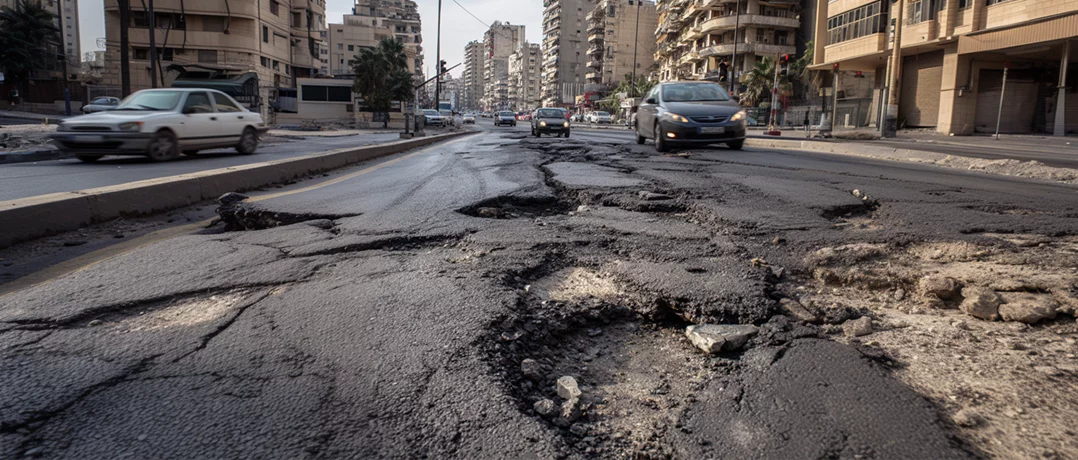Lebanon’s roads remain deadly due to neglected infrastructure, weak law enforcement, and inadequate attention, demanding urgent action beyond words.
Death by neglect: the price of driving in Lebanon
Death by neglect: the price of driving in Lebanon


Lebanon’s roads have become silent battlegrounds. Between chaotic traffic and a culture of reckless driving, every journey carries a weight of uncertainty. Tragedy is so frequent it risks becoming normalized, with fatal crashes making headlines almost daily. The country’s roads are a stark reminder of how decades of mismanagement and economic collapse have seeped into every corner of public life. Beyond endless traffic jams and broken streetlights, the toll is being measured in lives.
Systemic failures behind the crashes
Each time a life is lost on Lebanon’s roads, the causes are disturbingly familiar and most lie beyond individual control. Speeding, distracted driving, or alcohol play their part, but the deeper problem is systemic. Infrastructure has been left to decay: streetlights are nothing more than rusting poles, and potholes multiply faster than they are filled. The economic collapse has forced many to rely on aging cars, poorly maintained buses, and cheap imported mopeds that now account for a growing share of accidents.
A crisis hidden by incomplete data
Lebanon’s road safety crisis is compounded by the absence of reliable data. As YASA president Dr. Ziad Akel explained to The Beiruter, the country is working with outdated and insufficient statistics that fail to capture the true scale of the problem. Official figures often fall short of reality, with wide gaps between hospital-based death tolls and the numbers reported by authorities. However, YASA (Youth Association for Social Awareness) estimated a significant increase in road accidents between January and August 2025 alone, with 2,933 fatalities and 6,000 injuries. This discrepancy not only masks the human cost of road accidents but also cripples efforts to design effective policies and prevention strategies.
Laws on paper, but not on the ground
Lebanon’s traffic law, passed in 2012 to replace the outdated 1967 legislation, was meant to mark a turning point. Yet more than a decade later, its impact remains limited. “The law cannot remain stuck on paper, it must be enforced,” Dr. Akel stressed.
Enforcement is the single most effective way to reduce deaths on the road, alongside genuine efforts to improve infrastructure
While some progress has been made in recent years, particularly in road resurfacing, Akel emphasized that the challenge goes beyond laying asphalt. He called on the Ministry of Public Works and municipalities to take serious action to improve sidewalks and build pedestrian bridges. Pedestrians remain the most vulnerable road users in Lebanon, where accidents involving them occur at alarming rates.
Beyond paving: a call for comprehensive safety
What Lebanon needs is not merely the paving of roads, but a comprehensive road safety strategy. That requires sustained maintenance, targeted investment, and well-planned measures to protect the public. It means enforcing traffic laws consistently, aligning infrastructure projects with international safety standards, and ensuring accountability across ministries, municipalities, and all stakeholders. Road safety cannot rely on improvisation. It must be guided by purposeful planning, up-to-date frameworks, and the full force of the law. Only then can Lebanon’s roads shift from being zones of neglect to pathways of safety.


